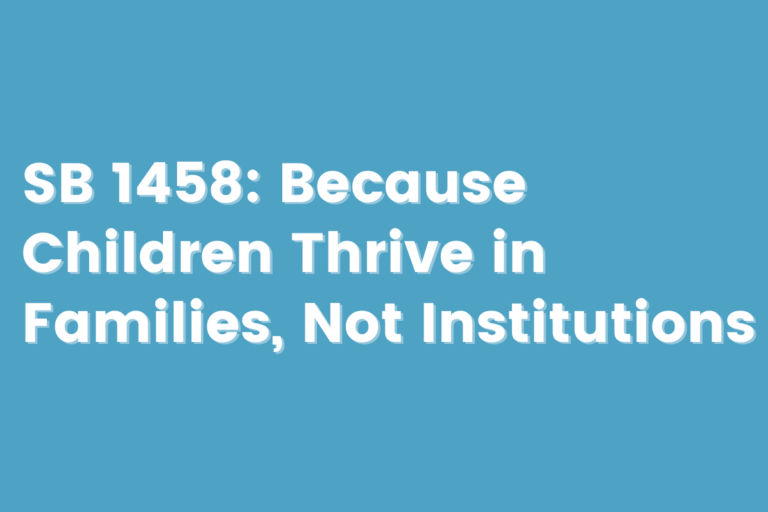
Prioritize FFN Network, Arizona Should Take Notice
Family, friend and neighbor (FFN) child care providers are an essential part of the child care system throughout the United States. Many families select FFN providers based on a child’s need for individualized disability care, language and cultural needs, or availability during non-traditional working hours. It is estimated that just over 50% of Arizona’s children are in FFN child care settings. These providers proved especially important during the pandemic as they offered small group settings and remained open for business while many center-based child care programs were forced to close. Despite their value in the child care space, FFN providers have historically largely missed out on equitable supports that are available to providers in other settings.
This month the National Women’s Law Center (NWLC) released a report on a recent survey that demonstrates the inequitable and inadequate supports that were available to FFN providers as the pandemic unfolded. For example, a large percentage of FFN providers did not receive outside financial support to provide care or purchase food. Many FFN providers also did not receive training or home visits from supporting organizations or networks. Additionally, 76% of these providers reported being in need of cleaning supplies and personal protective equipment to continue to providing care during the pandemic. Most importantly the report also developed guiding principles for policymakers to consider as they aim to design effective, equitable child care policy. Some of these guidelines include increasing federal, state and local funding for child care overall and for FFN care specifically; proactively engage FFN providers and families who use this care with multiple channels of communication and appropriate languages to keep them informed of supports and resources; and provide dedicated funding for community-based organizations that work with FFN providers, especially those of color.
The NWLC report describes how the guiding principles were applied by states to support specifically FFN child care during the pandemic. Michigan, Oregon, and Nebraska each prioritized FFN providers in their own unique way. Michigan created a Child Care Relief Fund grant program which allotted a one-time payment to FFN providers. Oregon used Coronavirus Relief Funds for grants awarded to FFN providers. Nebraska made it easier for families receiving child care assistance to select in-home FFN care by waiving certain criteria and allowed subsidized FFN providers to apply for funds to use for purchasing personal protective equipment. Other states also became more inclusive of FFN providers by allowing families receiving child care assistance to use FFN care and eliminating certain limitations. Georgia approved COVID-19-related reasons as an acceptable justification for families receiving child care assistance to use informal or FFN providers. Colorado temporarily waived the in-person inspection requirements making it easier for nonrelative FFN providers to continue participating in the child care assistance program.
Many of these changes were initiated by the pandemic and have served to elevate FFN care in the child care space. These reports demonstrate the key role FFN providers play and make the case that all child care providers deserve equitable supports and opportunities to ensure a strong, stable child care system. Arizona policy makers should take notice and consider following other states lead in prioritizing these vital programs and redirecting some of the Covid relief funds to help keep them up and running lost past the end of the pandemic.



